The World Food Program has warned that the COVID-19 pandemic could cause one of the worst food crises since World War II. It predicts a doubling of the number of people going hungry — more than half of them in sub-Saharan Africa. While wealthier people stay inside and practice physical distancing, the economically marginalized populations risk going out in search of food. They take decisions between livelihoods and life in the most extreme cases. Such food inequities show the need for system-level action.
So far, the global food system has proven to be resilient to the COVID-19 pandemic. Food is still being produced, processed and distributed. Unfortunately, the system’s underlying injustices and inequities continue too. Around 1.58 billion people globally can’t afford healthy diets.
These inequities are especially stark on the African continent. Even before the COVID-19 crisis, the African food system was ailing. Food is perennially in short supply. In 2018, more than 250 million people in sub-Saharan Africa experienced severe food insecurity, incomes for farmers are lower than anywhere globally in real terms, and more than 30 percent of children are stunted partly due to poverty and poor diets.
Africa’s food system is no stranger to crises. Droughts, El Niño events, pests and diseases, terrorism, migration and political upheaval have all taken a toll. Crises like these shock the system, causing crop and food losses, pushing people into poverty and putting more people at risk of severe food insecurity and malnutrition.
Each crisis tends to be met with a response to mitigate the harm, but the system always seems to return to its earlier undesirable state.
The shock set off by COVID-19 is likely to be different. That’s because it is causing simultaneous and synchronised system failures that will erode economic opportunities now and potentially for years to come. For example, tourism will be hit by limitations on travel and gatherings.
What we see happening as a result of actions to contain COVID-19 is more like a global natural disaster.
It’s also an opportunity for a different kind of recovery. With less inertia resulting in a return to the previous state, alternative scenarios become plausible. In this respect it’s similar to the oil crisis of the 1970s, which changed societies fundamentally.
Going back to “business as usual” investments in agriculture and food systems could reproduce those systems’ inequities. Instead, recovery efforts should be geared towards creating a better future.
Researchers have already done the background work to inform this process.
We believe it is possible to redesign food systems to deliver healthy foods, allow farming families to make a good living and support thriving societies while generating sustainable ecosystem services. The COVID-19 recovery is a time to put decades of data about this to work.
Here we outline three ways to improve agriculture in line with the sustainable development goals: to make systems resilient, sustainable and fair. The examples have all been developed and tested by researchers at universities and research centres.
Focus on nutrition-sensitive agriculture
The World Health Organization has identified a double burden of malnutrition: poor nutrition along with overweight or obesity. This is a growing problem worldwide.
There are various ways agriculture can help tackle the problem. Among them are better integration of crops and livestock, climate-smart agriculture, conservation agriculture and using woody perennials in fields and landscapes to ecologically increase productivity of more diverse food items.
The underlying ideas are focusing on more integrated farming systems that use species diversity as a source of resilience and diversified diets while reducing the use of harmful chemicals.
Artificially stabilized starch food markets distort prices and consumer incentives. When governments subsidize inputs for certain crops, their production becomes relatively cheaper and so do consumer prices. So, especially poorer consumers are more likely to choose these starchy food items that do not provide sufficiently balanced nutrients.
Nutrition-sensitive agriculture supporting diverse diets needs to be encouraged instead. Smart subsidies could steer food production into a state that supports healthy food choices and increases biodiversity in landscapes.
Reframe development progress
People living in rural regions should not have to depend on agriculture alone. Complementary opportunities should be part of rural development and human wellbeing. The most vulnerable rural people are the least likely to progress through agriculture because their farms are small.
There should be a greater variety of ways to meet everyone’s aspirations and needs. Activities such as processing harvests and adding value to products will also improve the functioning of food systems – so these activities should be supported and encouraged. Young people who are turning away from agriculture could play a pivotal role in developing complementary businesses in rural spaces.
Recognize planetary health
Human modification of the natural environment is linked to health problems ranging from stress to infectious disease. With direct effects on diets, pollution, climate change, and disaster risk reduction, agriculture is central in achieving the majority of the sustainable development goals.
The various linkages between the health of natural resources, agriculture or agroforestry, humans and the environment have to be recognized and purposefully managed to optimize impacts and avoid unintended consequences.
Way forward
These building blocks provide starting points for a new political discourse about agriculture. It should be guided by the overall goal of a resilient, sustainable and fair food system. Resulting strategies must consider the variety of biophysical, social and economic conditions across African countries.
We believe it is now time to focus on the opportunity this crisis has brought and “build back better”. While medics and humanitarian aid agencies prepare for the worst, scientists too must choose their contributions.
COVID-19 emergency funds could change the trajectory of agriculture. It’s time to build scientists into the planning for the future and initiate the development of a comprehensive strategy for Africa’s future food solutions.
By Kai Mausch, Michael Hauser, Todd Rosenstock and Wanjiku Gichohi-Wainaina
enior economist with World Agroforestry (ICRAF); rincipal scientist and theme leader for markets, institutions, nutrition and diversity with CGIAR; enior scientist in agriculture and the environment with World Agroforestry (ICRAF); and ublic health nutritionist with CGIAR.
This article was first published on The Conversation.

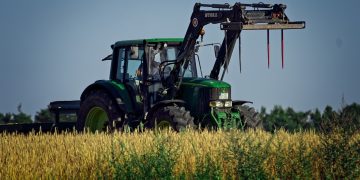
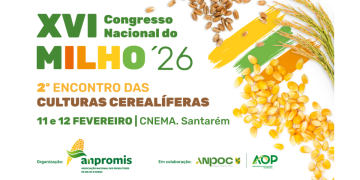

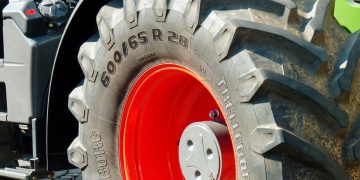

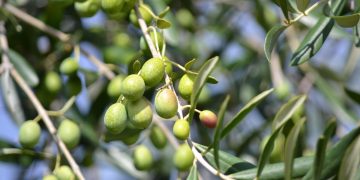

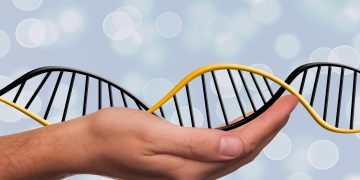
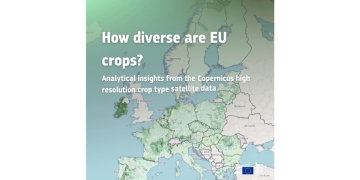












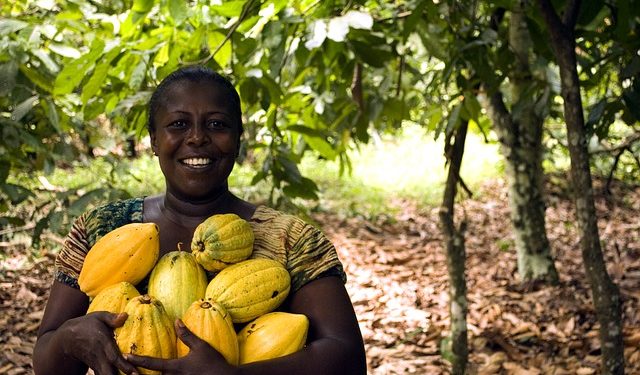
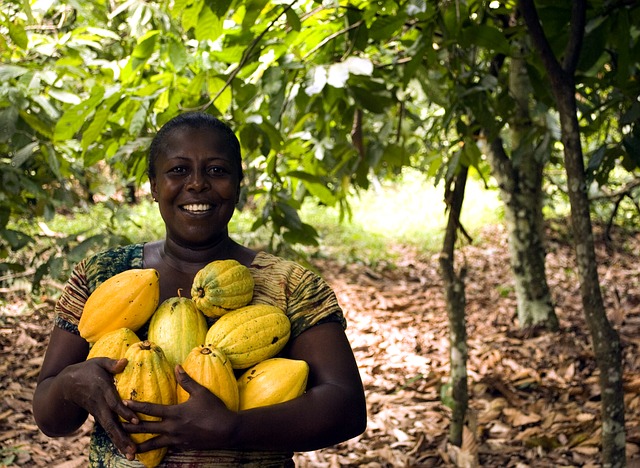
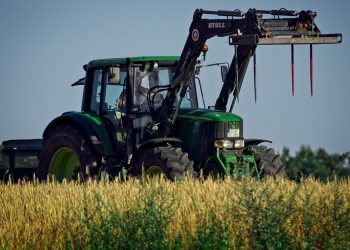
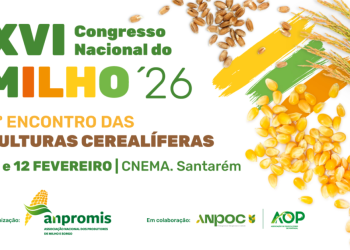





























Discussão sobre este post